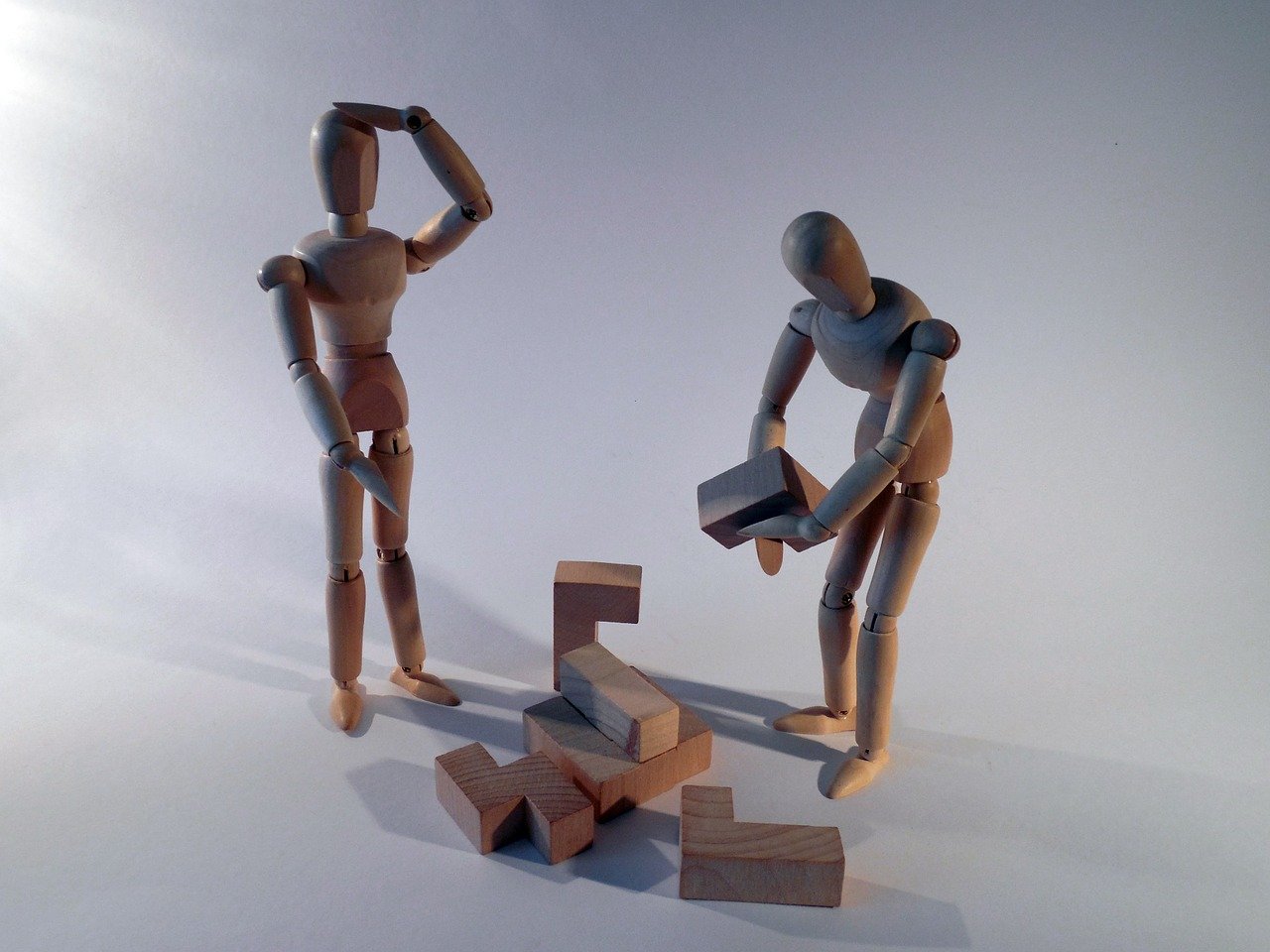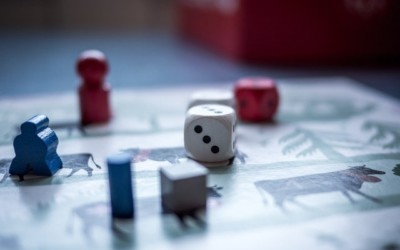Escape Games: All The Puzzle Types (And What They Do)

Escape games are quickly becoming a new craze in the gaming world. You can find them at your local carnival or even online! To escape from these types of games, you must solve puzzles and riddles.
There are many types of puzzles that you will encounter during an escape game adventure. These are logical reasoning puzzles, math puzzles, wordplay puzzles, etc.
This blog post will break down each type of puzzle and what they do for the player’s experience.
Types of Puzzles You’ll Encounter in Escape Rooms
Escape rooms have different kinds of puzzles. Their designs can engage all types of players.
Some puzzles require Math skills, logic skills, or spatial reasoning. Some puzzles involve finding hidden clues around the room. Moreover, some may even include codes you’ll need to decipher.
The types of puzzle types used in escape rooms also differ. That’s because they often have two types: the “live escape” types and the “dead end” types.
The live escape types have a particular goal that you need to meet. If not, then it’s game over for you and your team members. Dead-end puzzles are more like challenges. There’s no time limit or penalty of any kind, so that they can be about anything!
Most escape games have two or more types of puzzles infused in one escape game theme. And the following puzzle types are what you can find in escape rooms:
Interactive puzzles
It requires you to move from one room to the next and answer some questions along the way. You might get an object to take with you or find a clue that will help you solve another puzzle in your next room.
There are many types of interactive puzzles. But, we’ll mention three types for now:
#1 The scavenger hunts: It demands players to collect some objects to find the solution.
#2 The maze: it requires a higher level of concentration and work-under-pressure skill.
#3 The logic puzzle: it requires the player to develop a solution using clues given.
Mental puzzles
Mental puzzles involve solving a puzzle by using logic and reasoning skills. It is a puzzle that requires the player to think. There are many types of mental puzzles, such as Sudoku, crosswords, and word searches.
These are mental puzzles in some escape room games. That’s because they force players to use their brains! Escape rooms often have clues that need solving a puzzle before you can make progress.
It may get easier as you play more levels or solve more clues. Yet, some mental puzzles are challenging to beat. It’s because it demands a lot of reasoning ability.
Likewise, it requires you to think more abstractly. Likewise, not to rely on objects in the real world for solving them. They’re less hands-on than their physical counterparts. So players can enjoy having a tough time holding items or operating certain types of things.

Physical puzzles
You can solve physical puzzles by figuring out how objects work together. Some ask how to manipulate the object. It requires you to think about the physical world and how things work.
When solving physical puzzles, you might need to open a lock. Some tasks involve moving objects around or figuring out how they fit together. In escape games, the physical puzzles usually show up as locks and keys. And that you must return in the proper order to unlock something like a door.
Jigsaw puzzles are another type of puzzle that involves physical manipulation. Fixing or operating a machine is also a type of physical puzzle. Often, it involves a large, complex machine with many different buttons to push in a specific order to work correctly.
Sequential puzzles
This kind of puzzle requires players to solve clues in order. The puzzles are not usually of the same types and often have a variety. There is an overlap with other classes, which can make this puzzle type very tricky to identify.
The clues are in separated parts used as information for solving the next part of the clue. A hint system may or may not be available to help. Yet, a previous action allows you to determine what to do next for you to move to another task.

Group coordination challenges
These are physical activities that demand collaboration to complete the task at hand. This puzzle challenge will put players together, communicate, and find a way out of the room.
An example of group coordination challenges is any thematic escape room. It is a collective of different puzzles. The goal is to get out of the puzzle-filled room by solving a series of riddles and challenges. It presents itself as you move around the game space.
Word Puzzles
Word search games, crosswords, anagrams, etc., all fall into this category. You can’t get lost in one type, but it’s not just for children. There are many types of word puzzles, and they’re popular among all ages!
Word puzzles enrich your vocabulary and figure out how words are spelled. You may not be able to find a word the first time you go looking for it. But if you keep at it long enough, that elusive word will pop up!

Are all puzzles difficult to solve?
The difficulty of the puzzles depends on the age of the target players of the escape games. Some escape room designers create escape games for kids, and some escape games are for adults.
For instance, Cluetivity offers an escape game for all age groups. Some gamified solutions are for company team building or events. Yet, the difficulty and number depend on the user’s preferences as long as it is doable in the desired playtime.
Solving different types of puzzles in escape rooms becomes more engaging when fused with various themes. That’s because it awakens the imagination and inner child of every escape game enthusiast.
In Conclusion
Escape games are a fun way to challenge your mind and keep you entertained. As the game designer, it’s up to you and the players to ensure that each escape room is challenging and entertaining, which means different tasks for different people.
It might seem daunting at first. But with Cluehub’s guide on designing an escape room, anyone can create their own! Contact our specialist today for help in creating custom-designed puzzle games that will be perfect for your needs.
Stay Up To Date With Our Most Recent News And Updates
Learn How Use Gamification in Virtual Events and Trainings
Gamification Use Cases: How to Gamify Corporate Training
Gamification is one of the most potent ways to engage learners. It’s an excellent way for your employees to learn and apply their knowledge in real-world situations. However, it can be hard to get started with gamification because there are many different tools out...
Online Escape Games: An Exciting Virtual Event Add-on or a Good Marketing Study Tool?
Face-to-face events are all fun and memories until the pandemic came. It took away the most exciting parts in every socio-business gathering which are meeting new friends, onboarding fresh investors, and gaining valuable insights that help you improve your business...
Game-based Learning Solutions: Will it Bring Study-Game Balance to Students?
Games pique the interest of many students, especially if it's visually appealing, tasks are challenging, and is not too academic. However, too much of it prevents the students from achieving certain learning outcomes, which forfeits the core objective of gamifying...



